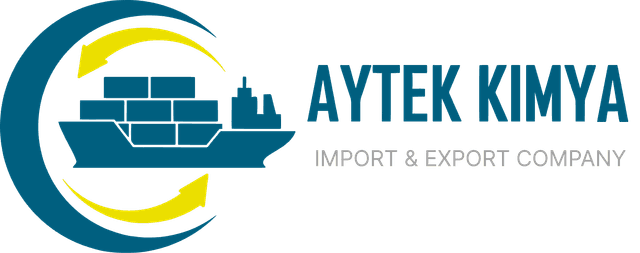
 Turkey - Istanbul Beşiktaş
Turkey - Istanbul Beşiktaş
 Turkey - Istanbul Beşiktaş
Turkey - Istanbul Beşiktaş
Bitumen, commonly known as asphalt, plays a pivotal role in various industries, particularly in construction and infrastructure development. As a leading supplier, understanding the different types of bitumen available in the market is essential for making informed decisions that align with your project’s requirements. In this article, we will explore the main types of bitumen, their characteristics, and their optimal uses, ensuring you select the right product for your business needs.
Bitumen, commonly known as asphalt, plays a pivotal role in various industries, particularly in construction and infrastructure development. As a leading supplier, understanding the different types of bitumen available in the market is essential for making informed decisions that align with your project’s requirements. In this article, we will explore the main types of bitumen, their characteristics, and their optimal uses, ensuring you select the right product for your business needs.
Penetration grade bitumen is widely used in road construction and is categorized based on its hardness, which is determined by a standard penetration test. The test measures how deep a needle can penetrate the bitumen under specific conditions. The penetration grade (e.g., 60/70, 80/100) reflects this hardness, with lower numbers indicating harder bitumen. This type is ideal for road pavements, highways, and airfields due to its durability and excellent adhesive properties. For businesses involved in large-scale infrastructure projects, penetration grade bitumen is a reliable choice.
Viscosity grade bitumen is classified according to its viscosity at a standard temperature, ensuring consistent performance in different climatic conditions. This type of bitumen is particularly suitable for areas experiencing extreme temperatures, as it maintains stability and flow under varying conditions. For commercial projects like highways or heavy-duty roads, where long-lasting durability is crucial, viscosity grade bitumen offers a dependable solution.
Cutback bitumen is a type of bitumen diluted with a solvent to reduce its viscosity, making it easier to work with, especially at lower temperatures. This makes it suitable for spraying applications and surface dressing in road construction. However, due to environmental concerns over the release of volatile organic compounds (VOCs), its use has declined, with bitumen emulsions often preferred. Despite this, cutback bitumen remains a viable option for specific maintenance tasks, especially in regions where other bitumen types may be challenging to apply.
Bitumen emulsion is a water-based mixture where bitumen is dispersed in water using an emulsifying agent. This environmentally friendly alternative to cutback bitumen does not require solvents, reducing the release of harmful VOCs. Bitumen emulsion is particularly effective in road construction, surface dressing, and tack coats, offering a fast-curing solution even in colder climates. For businesses focused on sustainable practices and cost-effective solutions, bitumen emulsion is a smart choice that balances performance with environmental responsibility.
Polymer-modified bitumen (PMB) is enhanced with polymers to improve its elasticity, flexibility, and resistance to deformation. This makes it an ideal choice for high-traffic areas, such as highways, airport runways, and bridge decks. PMB’s superior performance characteristics lead to longer-lasting pavements, reducing maintenance costs and offering significant long-term value. For commercial projects that demand high durability and resilience, investing in PMB can provide substantial returns.
Oxidized bitumen, also known as blown bitumen, is produced by passing air through bitumen at high temperatures, resulting in a harder, more temperature-resistant material. This type is commonly used in industrial applications, such as roofing, waterproofing, and pipe coating. Oxidized bitumen’s high resistance to temperature variations and oxidation makes it a reliable material for businesses involved in construction and manufacturing where these factors are critical
© 2024 Aytek Kimya. All rights reserved.